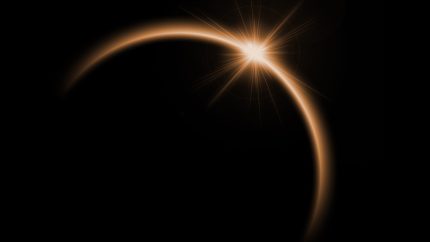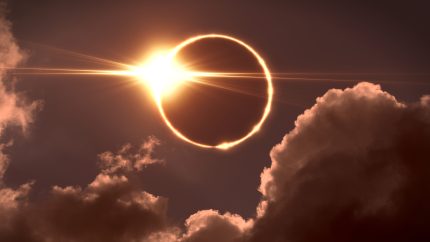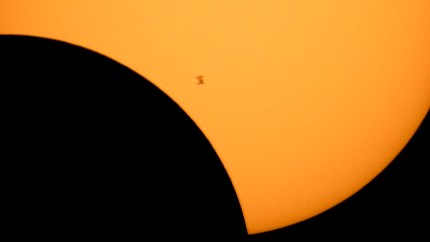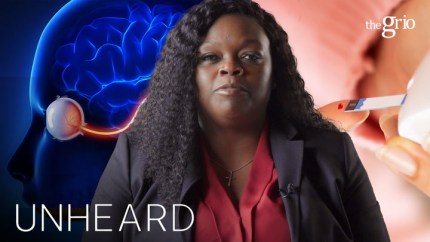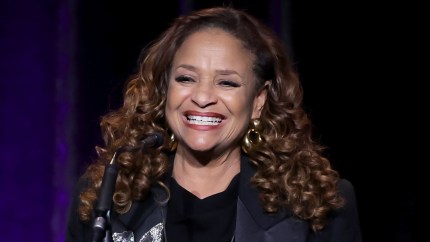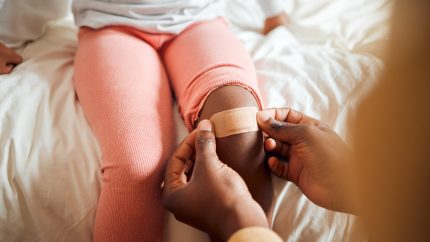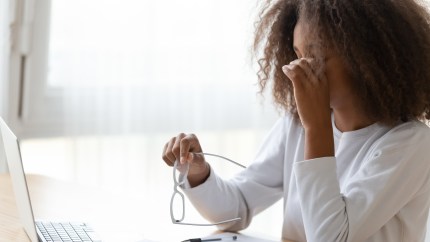What to know about potential eye damage from solar eclipse
Experts assert that people experiencing headaches, soreness, pain, or blurred vision following the event should check in with their eye doctor.
Millions of people are believed to have watched the solar eclipse sweep across North America on Monday, but some may not have done so correctly.
Experts told The Washington Post that those who watched with the appropriate solar eclipse glasses and complied with safety precautions should be confident that they did not suffer any severe eye damage.
However, anyone experiencing headaches, soreness, pain, or blurred vision following the event should check in with an eye doctor.
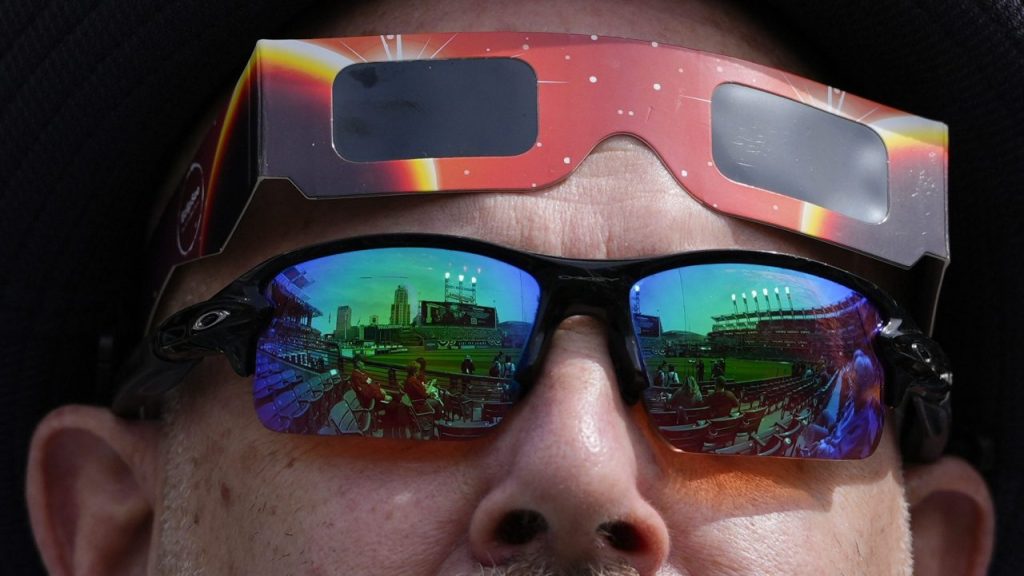
Clinical professor Carl Jacobsen of the UC Berkeley School of Optometry noted that some discomfort may naturally result from eyes drying up after focusing and watching the eclipse for an extended period — a problem that can be relieved with lubricating eye drops. However, optometrist Seth Laster said blurry vision or gray spots that don’t go away may indicate retina damage.
Laster noted that solar retinopathy, or damage to the retinas from staring at intense lights such as the sun or a laser pointer, can impair vision permanently but is not always painful. According to experts, the damage may not always be seen immediately and may take many hours or days following exposure to the sun.
“Viewing the sun is often like getting a sunburn,” said optometrist Tamara Oechslin, The Post reported. “You don’t notice the worst of the damage until an hour or two later.”
Jacobsen said the main factor to consider is how long symptoms last, noting that it’s worth visiting the eye doctor if problems persist after using eyedrops or if blurry shapes in vision continue after closing your eyes.
Recommended Stories
According to People, one woman who looked directly at 2017’s solar eclipse recalled the permanent eye damage she suffered, which she didn’t realize was a problem until the following day.
“I did look at the solar eclipse six and a half years ago,” the unnamed woman shared in a video on Monday. “I didn’t realize, or just didn’t get the glasses, and I thought it wasn’t gonna be a big deal, and I closed my right eye and I stared at the sun for a good, like, 15 seconds.”
The woman said she didn’t think much of it at the time, but when she woke up the next morning, she noticed she couldn’t “read every other word” while looking at text on her phone.
She said she realized there was “a blind spot on every other word” and noted that she also “couldn’t see things” while walking around the house.
Research on solar damage from looking at the sun prompted a visit to her eye doctor, where she later learned that her eclipse-viewing experience damaged her vision.
She described parts of her eye as “distorted,” and referred to her eyesight as “slow 20/20 vision.”
According to The Post, looking directly at the sun with the unaided eye is never safe, as a sunbeam may harm the eyes’ photoreceptors and result in blindness or impaired vision. The American Astronomical Society also notes that looking at the sun through a camera, telescope, or binoculars is unsafe.
According to the Journal of the American Medical Association, “even a few seconds of viewing the sun during an eclipse can temporarily or permanently burn the macula,” referring to part of the retina, People reported.
“Once retina tissue is destroyed, it cannot regenerate, resulting in permanent central vision loss.”
